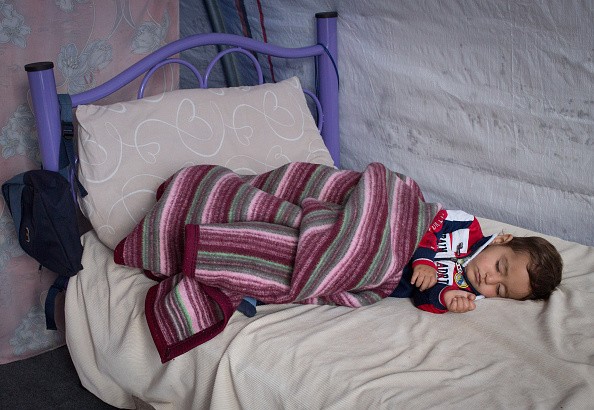
Pain killers are normally prescribed after a surgery. Children who had undergone tonsillectomy should not be given morphine says a new study. Giving morphine to children who had their tonsils removed could lead to respiratory problems which are deemed life threatening.
In the past, codeine, an opiate used as an analgesic, has been found to be dangerous if used post-operatively among children due to its adverse effect of respiratory depression. Then, physicians started to use morphine instead.
Clinical trials were halted and stopped by the Drug Safety Moniroting Board due to its serious effects. When the trials started, researchers from Toronto's Hospital for Sick Children and Hamilton's University had stopped the trials following adverse effects of morphine to children. During the trial, one child was resuscitated due to lack of oxygen.
They were prompted to re-evaluate pain relief treatment for children citing that Ibuprofen is a good alternative and has no effects on breathing patterns. Dr. Doron Sommer, co-author of the study said, "These results should prompt clinicians to re-evaluate their post-tonsillectomy pain treatment regimen. Due to the unpredictable respiratory side-effects of morphine, its use as a first-line treatment with current dosage ranges should be discontinued for outpatient tonsillectomy."
Tonsillectomy is usually done to correct childhood sleep apnea. Obstructive sleep apea, as defined by the University of Maryland Medical Center, is a common sleep disorder that occurs when the tissues in the upper airways would come too close to each other during sleep hence blocking the passage of air. Around 80% of tonsillectomies are done to correct this sleep disorder.
In the study as reported by Medical News Today, a randomized clinical trial was done to see what painkiller is best for children aged 1 to 10 years old. One group was given oral morphine and acetaminophen while the other group was given ibuprofen and acetaminophen.
The parents were asked to take the child's oxygen saturation and any disruptions in breathing using a pulse oximeter. Though both groups were relieved from the pain, there were differences in the frequency of oxygen desaturation incidents which are characterized by a decrease oxygen saturation of the children's body.
"The evidence here clearly suggests children with obstructive sleep apnea should not be given morphine for post-operative pain. We already know that they should not get codeine either," says study author Dr. Gideon Koren.



